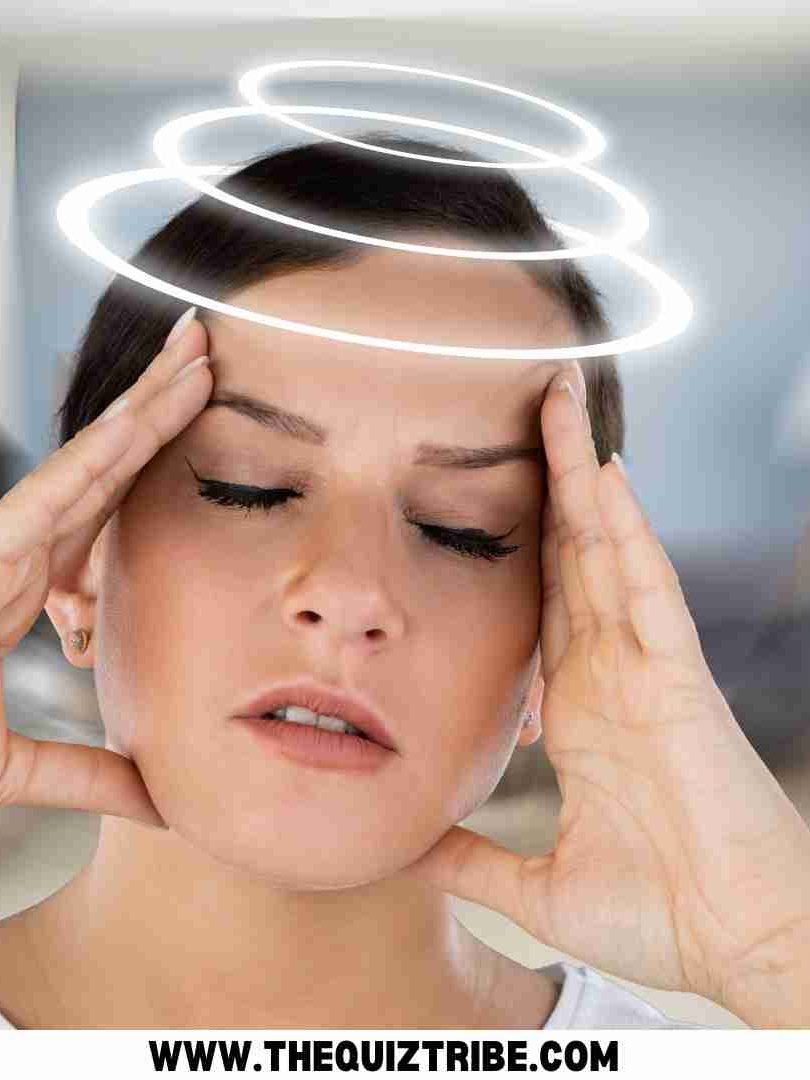Vertigo
Vertigo is a feeling of spinning or dizziness that is often accompanied by a loss of balance. Several factors, including problems with the inner ear, medications, and head injuries, can cause it.
Vertigo can make walking or standing difficult and lead to falls. Treatment for vertigo depends on the cause but may include medications, surgery, or physical therapy.
The Causes of Vertigo
Vertigo is a disorder that impairs the senses and causes dizziness and imbalance. Several factors can trigger vertigo, and the symptoms might range from individual to individual.
Vertigo is a feeling of spinning or swaying, often accompanied by a loss of balance. Several factors, including problems with the inner ear, head injury, medication side effects, and brain disorders, can cause it.
- BPPV (benign paroxysmal positional vertigo) occurs when specific head motions cause vertigo.
- Migraines are extremely painful headaches.
- Labyrinthitis
- Vestibular Neuronitis -Inflammation of the vestibular nerve, which travels through the inner ear and communicates with the brain to assist regulate balance, is known as vestibular neuronitis.
- Depending on the disease causing your vertigo, you can also have other symptoms, including a fever, tinnitus (ear ringing), and hearing loss.
Vertigo is frequently treated with medication and behavioral adjustments, but more specialist therapy may be required in rare circumstances.
The Symptoms of Vertigo
Vertigo is a form of sickness that is caused by an inner ear condition. It might make you feel as if you’re spinning or as if the world is swirling around you.
Other symptoms can include nausea, vomiting, and a feeling of unsteadiness. Vertigo can indicate a significant condition, so it is important to see your physician if you are experiencing these symptoms.
Treatment for Vertigo
Vertigo is a condition that is often treated with medications and therapies. Some of the most common treatments include:

- Medications such as meclizine or betahistine to reduce nausea and improve balance.
- Balance retraining exercises to help improve balance and coordination.
- Surgery to correct problems with the inner ear that can lead to vertigo.
Conclusion
The most prevalent cause of vertigo is an issue with the inner ear’s balance organs. These organs help control balance and movement.
If you are experiencing vertigo symptoms, you must see a doctor for diagnosis and treatment.
The majority of vertigo instances are treatable with prescription medications and lifestyle adjustments. In some cases, more specialized treatment may be required, so it is important to seek help from a doctor.
Your physician or ENT may recommend the following treatments depending on the root cause of your vertigo:
- Perform basic workouts to alleviate your problems.
- Sleep with your head elevated on two or more pillows.
- When picking up goods, avoid leaning down.
- Avoid stretching your neck when you’re searching for something on a high shelf.
- During regular tasks, move your head gently and cautiously.
- Perform activities that cause vertigo so your brain becomes accustomed to it and the symptoms subside. Do them only after ensuring you won’t fall and having a backup if needed.
